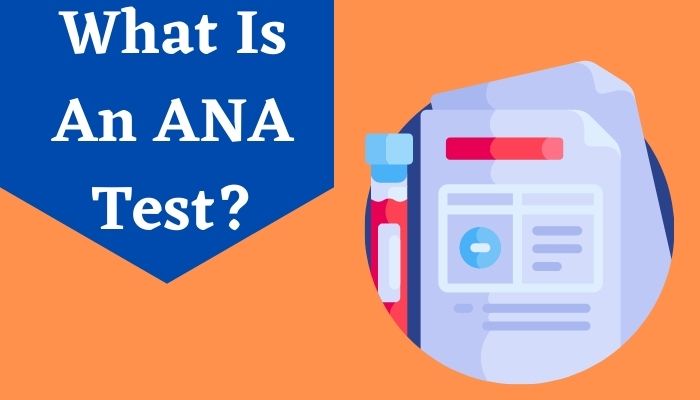An antinuclear antibody test (ANA test) is a type of blood test that checks for certain types of antibodies in your body. This ANA blood test is also called an ANA or FANA (fluorescent antinuclear antibody) test.
Antibodies are proteins that are produced by your immune system to fight against bacteria, viruses, and other foreign germs. But sometimes, your immune system attacks the healthy cells of your body mistakenly. As a result, special antibodies are released and they are called “autoantibodies”. They kill your cells and tissues. Autoantibodies are pernicious for your joints, skin, muscles, and other parts of your body. They could be a sign of autoimmune diseases like lupus, rheumatoid arthritis, Scleroderma, and Sjogren’s syndrome. Some people with cancer or other diseases may test ANA positive. Sometimes, people with no underlying conditions can also be positive.

The cost of the ANA blood test is Rs.500 to Rs.1200, depending on your location and place.
Please check the price of the ANA test in Delhi/NCR, your nearby centers and other details.
Test Summary of ANA Test
| Also known as | Antinuclear Antibody Panel, Fluorescent Antinuclear Antibody, FANA, ANA |
| Test Type | Blood |
| Amylase test includes | To check autoantibodies in your blood |
| Preparation | You don’t need any special preparations for this test. Inform your doctor if you are taking medications like aspirin, opiates, diuretics, etc. |
| Reporting | Within 24 hrs |
| Test price | The cost of the ANA blood test is Rs.500 to Rs.1200, depending on your location and place. |
| Also included in | Health Insurance Plans |
| Related tests | ENA, anti-histone test |
Purpose of ANA Test
Your doctor might recommend this test if you have symptoms of autoimmune diseases. These diseases could be,- Joint and muscle pain, including stiffness or swelling
- Tiredness
- Prolonged fever
- Red rashes on cheeks and nose
- Feebleness
- Photosensitivity
- Hair loss
- Tingling or numbness
Preparation for This ANA Test
Though you don’t need any special preparations for this test, still inform your doctor if you are taking medicines, vitamins and supplements you take. All these may hamper your ANA test results.Procedure of ANA Test
- An experienced lab technician or nurse will collect your blood sample generally from a vein in your arm.
- The person will put on an elastic band on your upper arm to make the vein more prominent.
- He will clean the area and insert a needle into your vein
- The person will collect your blood sample into a vial or tube
- After taking the sample, the needle and band will be removed
- The technician will place a piece of gauze and a bandage on the puncture site
- The blood sample will be sent to the laboratory for further testing.
Interpretation of the Result for ANA Test
If you have antinuclear antibodies in your blood, then the test result will become positive. A negative result means you don’t have any antinuclear antibodies. A positive test doesn’t imply that you are having an autoimmune condition. Nearly 3-15% of people with no conditions have antinuclear antibodies. You may become positive due to some medicines or other diseases.Not everyone who is having an autoimmune disease will test positive. Thus, an ANA blood test is just a part of your autoimmune disease diagnosis. After doing physical exams and monitoring your conditions, your doctor may recommend some other tests. A positive ANA test includes
- Systemic lupus erythematosus
- Sjögren's syndrome (a disease that is responsible for dry eyes and mouth)
- Scleroderma (a connective tissue disease)
- Rheumatoid arthritis (a disease that causes joint damage and inflammation)
- Polymyositis (a disease that causes muscle weakness)
- Lupus and scleroderma
- Juvenile chronic arthritis (a type of autoimmune arthritis that attacks children)
- Dermatomyositis (a rare condition that weakens your muscle)
- Autoimmune hepatitis
- Raynaud's syndrome ( a disease that causes blue-colored fingers and toes)
- Thyroid diseases, Hashimoto’s thyroiditis, and Grave’s disease
- Autoimmune hepatitis
- Inflammatory bowel disease
- Lung diseases like pulmonary fibrosis
- Cancer
- Viral infections
- Are a woman of 65 years or above
- Have an infection or tuberculosis
- Taking blood pressure or anti-seizure medications


